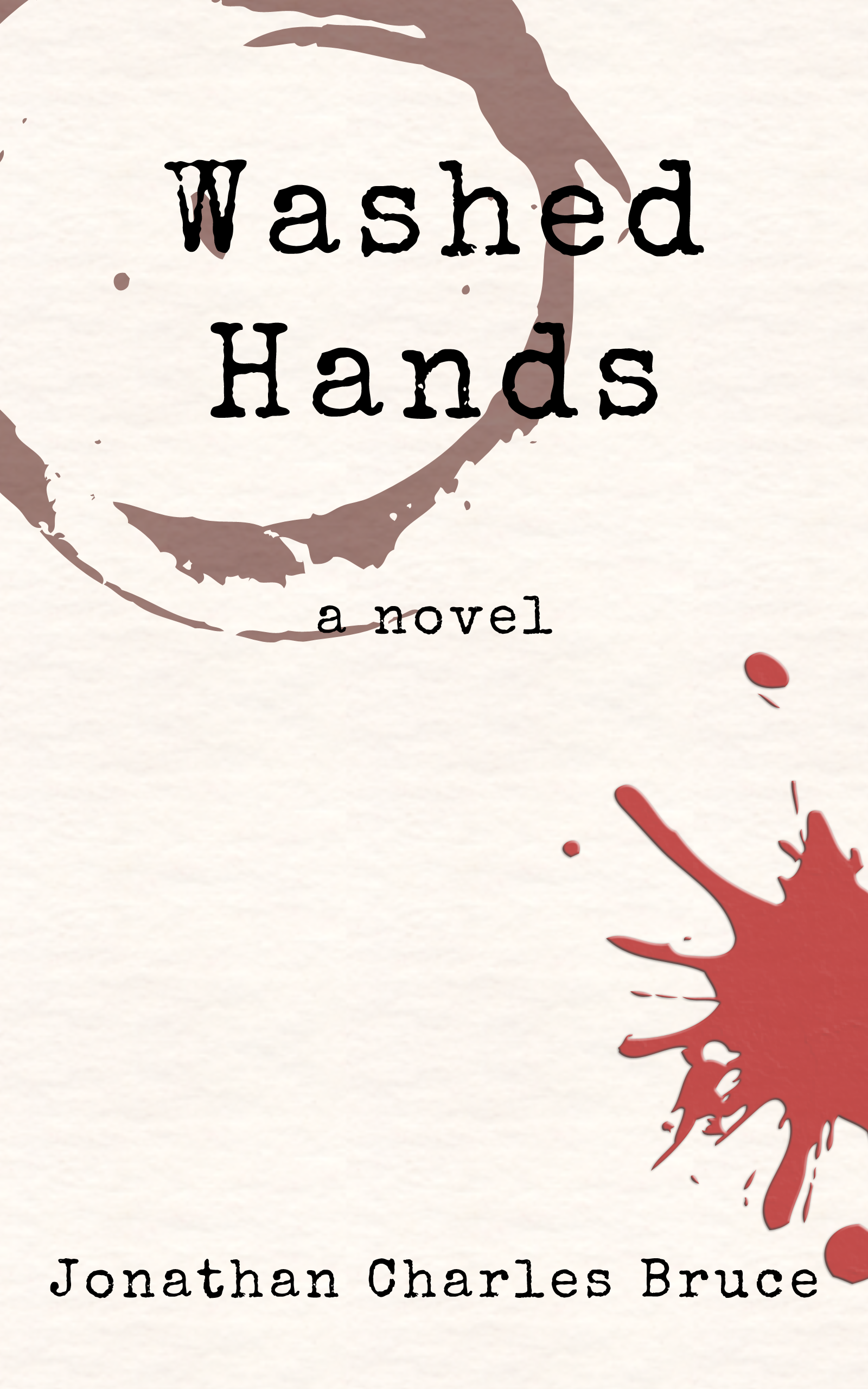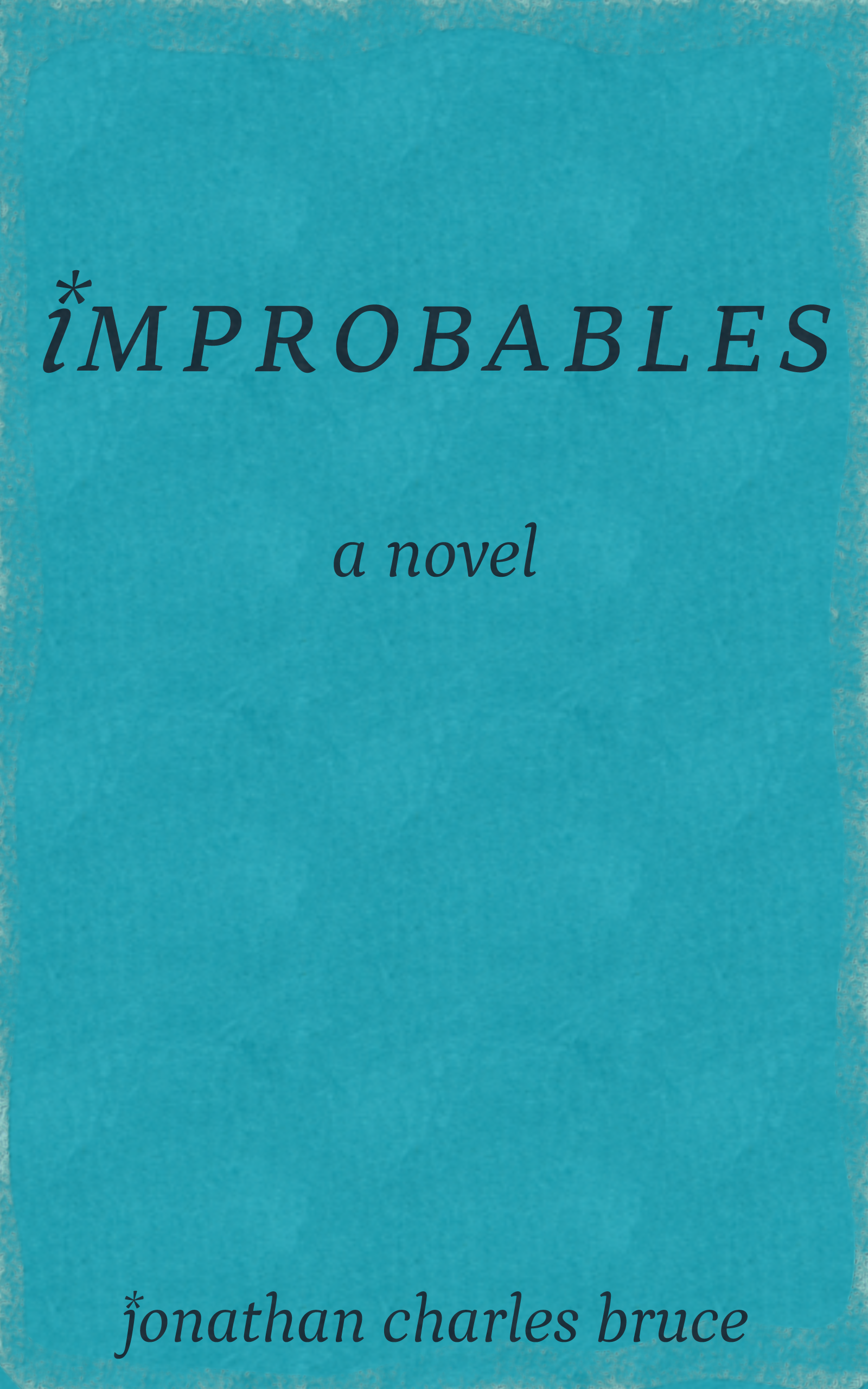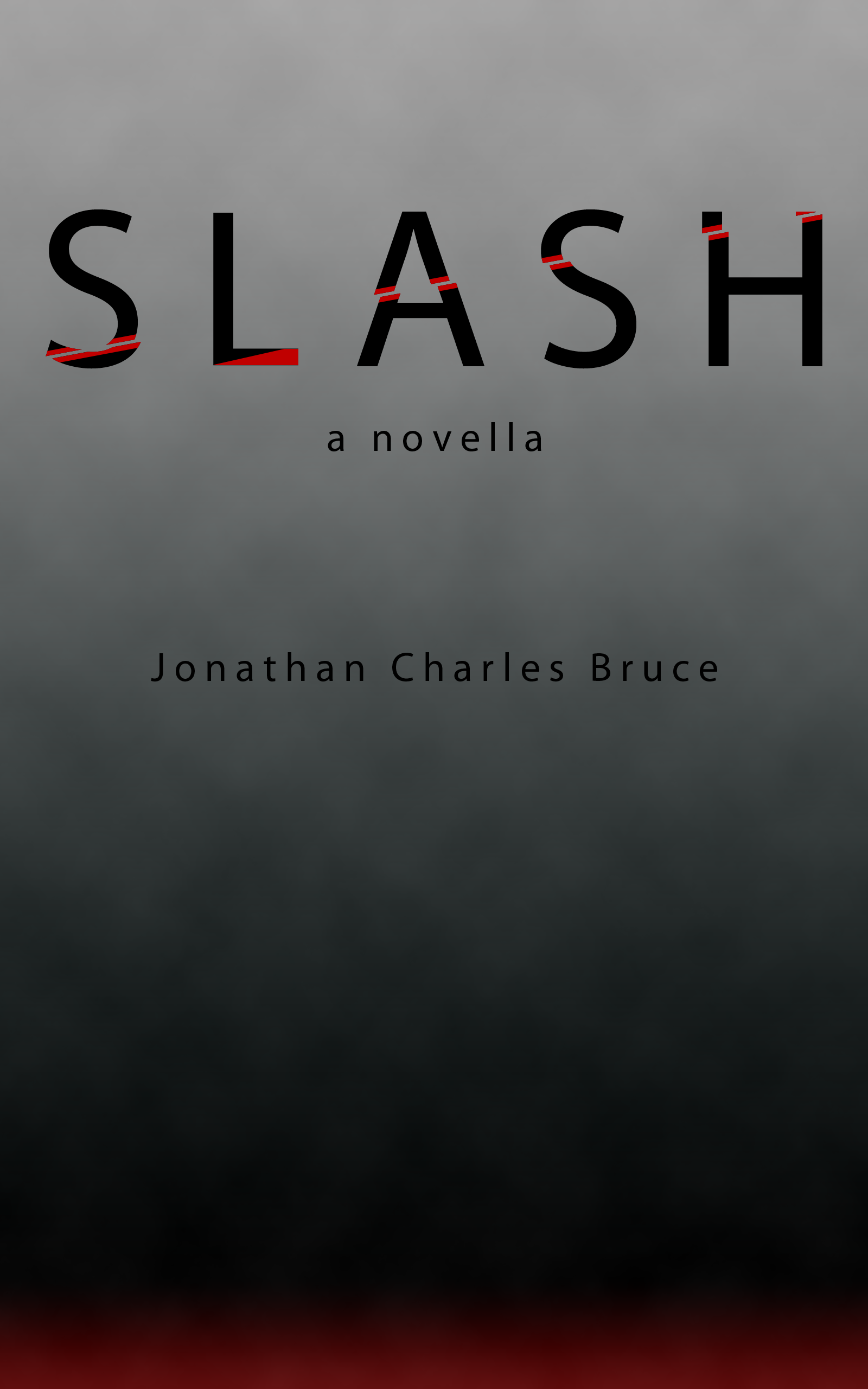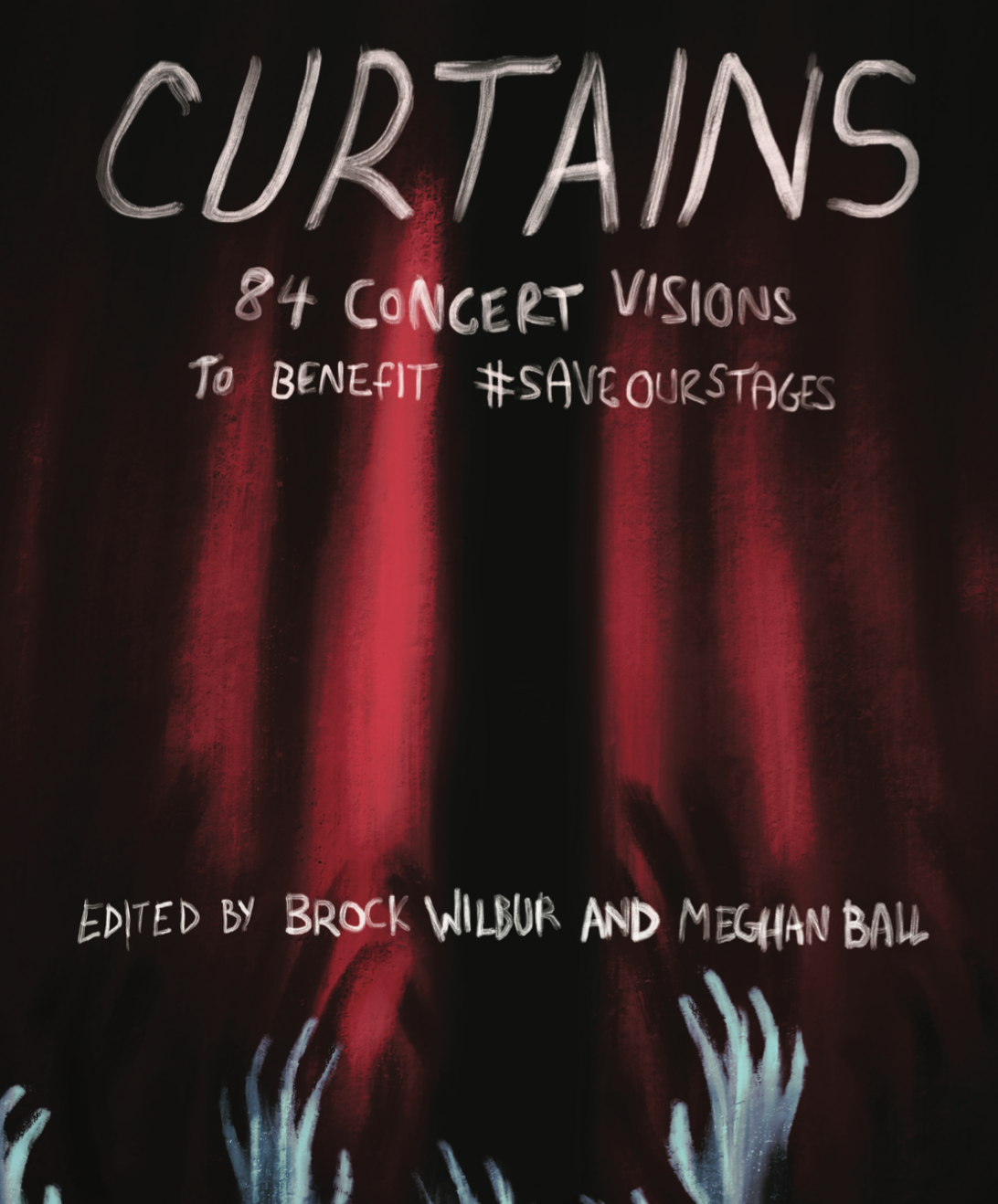On Music and Video Games
So, after a couple of weeks of needlessly confrontational blog titles and... well... blog entries, I have decided to do something a bit more laid back and talk about music.
I write to music a lot, as typically the things I write about – especially fiction – tend to roll out in my head in a very cinematic matter. Therefore, it helps to have music that serves the scene playing out in my brain meats. If I really want something to jumpstart a creative fight or escape scene, I have a playlist of fast-tempo, mostly orchestral music. If I need something slower, I have similarly themed voiceless sounds to get lost in. My final two chapters of Northwoods had two very specific songs I had on loop while I was writing, because they proved to perfectly reflect what I was writing.
One was from Explosions in the Sky.
The other was from a video game.
It should come as no surprise for a guy who talks about games a fair bit that a good portion of my music comes from video games. Regardless of how you may feel about video game music as a whole, you have got to hand it to the musicians who spend their time creating something that plays over a game. It’s tougher than people really give it credit for: music can help really mesh the theme of the rest of the game, or it can create massive unease when called for. Further, the music needs to feel complete, but also needs to sustain itself for an unknown duration.
What do I mean by that? Well, outside of cinematics and in-game cutscenes, a game is less director-controlled than films are. As such, the music needs to work within a certain rhythm – a boss fight is different from walking around fields is different from messing around in town – and must sustain itself without grating. Even within non-player controlled moments, music needs to help bridge the gap between player and avatar; it can be a precarious balance that not everyone can pull off.
So here are some really excellent melodies from the unsung heroes of the music industry. I also have some gushing to do about them, so you’ll just need to deal with it. Also, although I am a fan of music, I have no real idea what I’m talking about. Basically, if I write something that reveals my utter ignorance of all things tonally inclined, kindly ignore it.
When You Need a Hostile World
Jasper Byrne’s Lone Survivor from Lone Survivor
Title screen music is one of the first sounds your player will hear, and it had better bring something to the table. It tells your audience to expect either a blood-soaked nightmare or a jaunty bounce through bunny land. Me, I like psychological trauma, so I gravitate toward the spooky end of the spectrum.
Lone Survivor is about the last person alive after some vague disaster destroys a bunch of property and a disease turns those that remain into faceless skinny things or hefty blobs with mouths in their stomachs. The game is part stealth, part action, part psychological/physical management, and all amazing. Seriously, it’s been over a year and I’m still banging on about it. Buy it and experience it, damn it.
What I like is how the title screen music perfectly captures the multiple aspects of the game. It starts out with ominous overtones, like the fears of the last man on earth. It then picks up, defiant in the face of overwhelming horror. And then it slows, exhausted. The tone of the game is expertly expressed before you even press start (or ‘x,’ as it were).
How about that? The soundtrack is on sale over yonder! While you’re there, look at Jasper Byrne’s other work, too – it’s predictably awesome.
When You Need to Punch People Who Totally Deserve It
Hiroshi Yamaguchi’s The Greatest Jubilee from Bayonetta
Say what you will about Bayonetta – and there’s a lot to say, from its horrific ad campaign in Japan to the curious tendency for the main character’s clothes to fly off for only the most stupid of in-universe explanations to its confusing mix of hyper-powered femininity and fetishism – but damn, that game has some great music.
A final boss theme is something that is really hard to come up with. It has to be the sound of a culmination of everything that has come before in one climactic showdown between evil and slightly less evil. Or good, I suppose. Sometimes a composer will phone it in, and you get something boring or – even worse – just a reused fight theme from earlier in the game.
In Bayonetta, what the final fight boils down to is a fight between the earthly personification of darkness and a god of light bent on restarting the universe. So you, as an ass kicking bespectacled avatar of slightly-less-evil (and the hero of the story), get to beat the ever loving shit out of a celestial monstrosity accompanied by a score of vague Latin-y chants, organs, and raw amazingness. Very few games end with you summoning a gigantic shadow woman who punches the creator of the universe into the sun. And, as bizarre as that sentence may seem, with that score behind you, it just feels so right.
When You Need Something Innocent, Yet Scary
Danny Baranowski’s Sacrificial from The Binding of Isaac
Loosely based upon the biblical story of the same title, The Binding of Isaac follows the trials of an abused little boy trying to escape his mother’s effort to sacrifice him to what she thinks is god, but is probably just a voice in her head. Isaac tries to escape through the dark basement, encountering horrors and ever more abuses. Yes, it is royally fucked up – the power ups physically change Isaac in violent ways, and you need to inflict that punishment in order to survive – but it’s also frustratingly fun.
And part of the fun is the amazing score written by Danny Baranowski.
This is the first two levels of the game, and it perfectly captures the tone. Everything feels like it belongs in a child’s nightmare, with an abstract, devilish playfulness to it. Even separated from the game itself, you get the feeling of a child lost in a world bigger than himself, surrounded by the frightening unknown, and without a single choice but to move on.
All the music in the game is fantastic, but I thought that I would bring this up as my example of an excellent “world one-one” type of song – it plays over the regular level and provides a background that beautifully reinforces the overall atmosphere of the rest of the experience. This, combined with the violent-yet-soft graphics, is perfectly unsettling.
And hey, you can buy the soundtrack here.
When You Need a Descent Into Madness
Akira Yamaoka’s Theme of Laura from Silent Hill 2
There are lots of games nowadays that use cinematics of what’s to come to keep people interested. It’s a practice that I’m sure got its start from the old arcade machines that would run short samples of gameplay to make eager kids excited to play. These movies are either shots of gameplay or cut-together renditions of story or set pieces that tease the player. Since these scenes are usually disjointed, there’s some tasty music they play over it to ease the potentially jarring nature of the movie.
What’s particularly beautiful with Yamaoka’s work here is that it doesn’t really fit the tone of the game. It’s powerful and fast, as opposed to his more frequent tracks, which are usually slow industrial twangs of discordant horror. So why is this a good example of game music, you ask? Well, it fits after you play the game and understand the story.
So, we have James, our protagonist, invited to Silent Hill by means of a letter from his wife. Oh, and she is dead. And has been dead for years. Well, things get all loopy in the town of Silent Hill, as things are wont to do, and James is confronted by a very nasty truth. You see (spoilers if you’re the kind of dink that gets upset over having a twelve year old game ruined for you), James killed his wife – either out of mercy or because he is a dick, depending on how you see things – and the story you play through is him attempting to redeem himself.
So what does that awesome track have to do with it?
Well, it’s James’s descent into madness before he even gets to the town, that’s what.
Encapsulated in a few short minutes is James’s decision and inability to face what he’s done. The guilt eats away at him, tearing him apart, until he is delusional husk. It tells the story of a man in love driven to desperation or a selfish man wanting his life back. In either incarnation, he cannot accept what he’s done, and it’s killing him. It’s gut wrenching without a single word of over-wrought dialogue, and because of that, it’s beautiful.
When You Need a Sense of Adventure
Yasunori Mitsuda’s Voyage ~ Home World from Chrono Cross
Chrono Cross is a sequel to a beloved Super Nintendo game which celebrates this fact by revealing that the three main characters from the first game get brutally murdered within a few years after the original’s conclusion. We follow the story of Serge, whose father was turned into a cat man by an evil computer from the future and wants to steal his body for nefarious, cat-computer purposes. No, it doesn’t make a lick of sense. And no, it wasn’t very good.
But the music and art direction more the picks up the slack on the flabby and boring story, uninteresting characters, and phoned-in development.
I love how, even when a series of increasingly stupid events puts the player in incredibly dumb situations, the music is almost never a letdown. Even here, on the overworld map – where you don’t do much except decide where to go next – the music is sweeping and has a real feeling of potential and excitement. If nothing else, it really does help you feel like you’re a part of something bigger than yourself.
It’s just such a shame the story itself is just. So. Terrible.
When You Need a Gripping Escape Sequence
Harry Gregson-Williams’s Sidecar – Escape from the Fortress from Metal Gear Solid 3
Despite its somewhat calamitous approach to storytelling, Metal Gear Solid has had an amazing composer with Harry Gregson-Williams, a man with a frighteningly huge resume. In the series’ jaunt into the Cold War era, the main themes definitely swung more toward faithful homages to the spy thrillers of yore. The main theme sounds like a grittier James Bond song, provided that you don’t mind the occasional “some days you will feed on a tree frog” lyric sounding a tad out of place. And, with his music-making history, his orchestral arrangements are, without a doubt, awesome.
You, as super spy Snake, are sent into Russia to stop some nogoodniks from toppling the precarious stare-down that is the Cold War. When a base with a top secret war machine is coming down around him, his lady friend pulls up with a motorcycle to facilitate their escape from the exploding base. Why is it exploding? Because Cold War, dirty politics, and possibly nanomachines. Look, it really doesn’t matter. Accompanying you on your ridiculously long escape sequence is an awesome score which makes you feel every desperate moment tick by.
When Your Resolve Has Been Tested
Jim Guthrie’s The Prettiest Weed from Sword and Sworcery LP
Sword and Sworcery is one of those games that was intriguingly weird – not stupid weird like Chrono Cross, but wonderfully bizarre. You are the Scythian, a lady warrior traveling to a land in search of the Megatome, trigons, space babies, and other things. Look, I’m not 100% clear on what the hell is going on, but there is an undeniable charming quality to everything that goes on in the game. I guess the best way to explain it is that it is like an 80's movie for kids, where there’s a light and fluffy outside with hints of something more sinister beneath. Or not. Look, like I said, it’s weird. But it also features a woodsman named Logfella and his dog Dogfella, so it’s beyond okay in my book.
The composer, Jim Guthrie, is intensely talented at helping to create a world that feels small, yet full of wonder. He also has a pretty healthy discography, so I guess it shouldn’t come as a shock that he knows what he’s doing. One of the reasons I like this piece so much is that it brings to mind a moment when all is lost, but our heroine rallies and sets forth. It begins with a general feeling of unease and introspection, before picking up and moving on. Then there’s this little moment at the end where there’s just the faintest hint of second-guessing, making our protagonist seem all the more heroic for what she must do. The remix is pretty sweet, too.
You can buy the album here.
When You Need a Dark Secret Revealed
Jasper Byrne’s Survival from Lone Survivor
Yes, it’s from a game I mentioned already. But Survival proves that video game music is just as effective as manipulating emotions as any other kind of music.
If you ever wanted to know what desperation sounded like, this is it. When our protagonist finally fights his way “to where it all began,” this is what greets him on the other side. It is determined and sorrowful, music about continuing on when you no longer have a reason to. In many ways, it is the perfect antithesis of Theme of Laura – whereas one is indicative of the descent into madness, this is skirting around it, flirting with the void rather than succumbing to it. It feels successful, but not triumphant, coming to terms with loss rather than overcoming it. It feels more human than it has any right to, and that alone makes it special.
It also provides the perfect capstone to the game, tying those first moments at the title screen to the fade-to-white of the finale. The two pieces are linked, audibly connecting the journey from its inception to its end, and that’s why you should just buy the damn soundtrack already. How many times do I have to tell you?
So there you have it. For now, anyway. There are tons of excellent pieces that I could bring up, but to save this from becoming too unwieldy, I will save it for next time. If there is one.
< PREVIOUS ENTRY • NEXT ENTRY >
Advice • Fiction • Gaming • General Musings • Reviews





